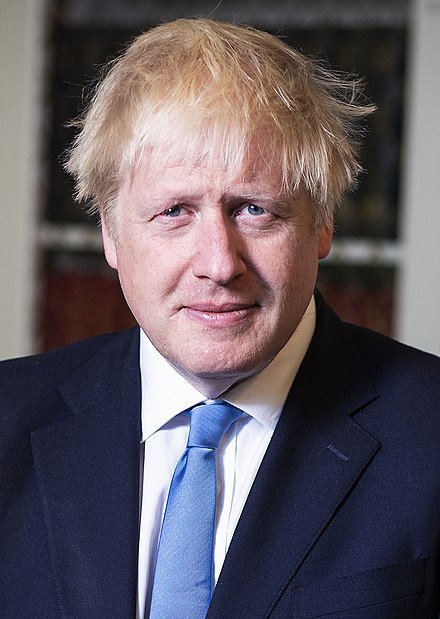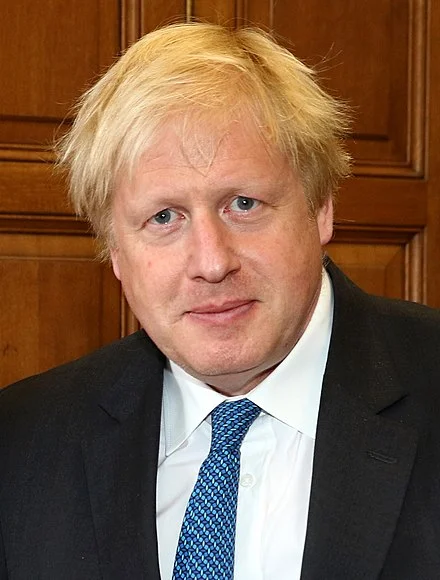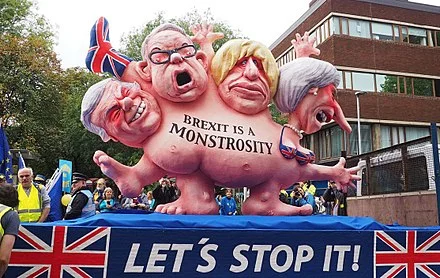If your city is mostly famous for being between two other cities, if its main claim to fame is “It’s a great place to raise children,” then it’s time for your city fathers to take a course in branding.
Cities that prosper — that bring in company headquarters, tourists and where the crazy rich want to be — have to have distinguished brands.
New York’s brand is glorious excess. It has the brand of ever higher, stranger skyscrapers. The world’s most successful media mogul, Rupert Murdoch, has just plonked down $57.2 million for what looks to be the world’s most lonely living space: the top four floors of a 60-story, bronze-and-glass building of a kind that is now transforming the Manhattan skyline. Take a small plot of land, build until what you get is a slender tower that defies nature and looks as though its purpose is to challenge a strong wind.
Murdoch’s aerie has glass on four sides, and he can see forever, at the least until other towers rise up. If you want to spy on him, you will have to do it by drone. His own paparazzi might try to get a picture using a drone, but where would they publish it?
If you have a few million to spare you can still get in the East 23rd Street building. But those floors that would make an eagle jealous, have gone to Murdoch. Most of us would be scared up there: a new take on “Naked and Afraid,” because without neighbors, there is no need to wear clothes.
Cities in the United States that have done the branding thing right are New Orleans, jazz and food; San Francisco, cable cars and attitude; Boston, higher education and hospitals (eds and meds); and Chicago, wind and the uber-hub airport. Washington is a special case: great museums, the White House and the Capitol, and palpable delusions of importance.
The branding ace, running in front worldwide, is London. The Romans gave it a head start, but it was not until the Swinging Sixties that London became a destination for the globe. You would think that the place had enough branding with the old features: Tower Bridge, the Tower, the Houses of Parliament and Buckingham Palace, plus the changing of the guard.
But no. London keeps adding dizzying new features to its brand superiority. There is the Tate Modern, an art gallery in an old power station; the London Eye, a Ferris wheel that has captured world attention and city imitators; a bridge across the Thames River that wobbles, and now a new bridge is planned with gardens and shops on it. Then there are the taxis — black boxes, that remind you where you are in case you have overlooked the big red buses.
The current mayor of London, Boris Johnson (who has branded himself as a possible prime minister), has been keen to preserve and protect the London brand by insisting on preserving the double-decker buses, distinctive taxis and other expensive city bric-a-brac, because it is a hell of an investment.
Sure, Paris has the Eiffel Tower, but it is aging. Rome has the Coliseum — talk about aging. And St. Petersburg has the Winter Palace and the Hermitage. But for city branding, London is in front and pulling away, as the Brits exploit the cash value of differentness.
Providence and Baltimore are two cities of which I am particularly fond. But I would urge the city leadership in both places to get a brand, a trademark. It pays. Rides (London Eye, Eiffel Tower elevators, the San Francisco cable cars) are sure winners. Could I suggest an amphibious train across Baltimore Harbor, and the mother of all rollercoasters — big, but not scary — in Providence?
Like London and New York, these days you have to think big in city branding, or you will miss the incredible fun and profit of a city being silly.
Frivolity pays. Ask London’s Boris Johnson — and share a thought for Rupert Murdoch, stuck up in the sky.
Llewellyn King (lking@kingpublishing.com) is executive producer and host of “White House Chronicle,” on PBS. He is a longtime international media executive, consultant and columnist.





